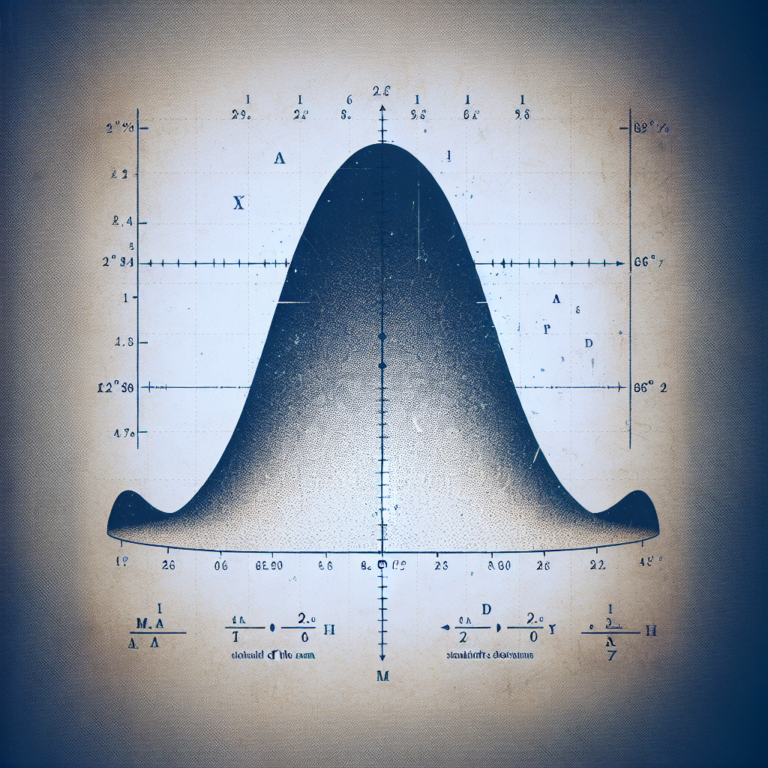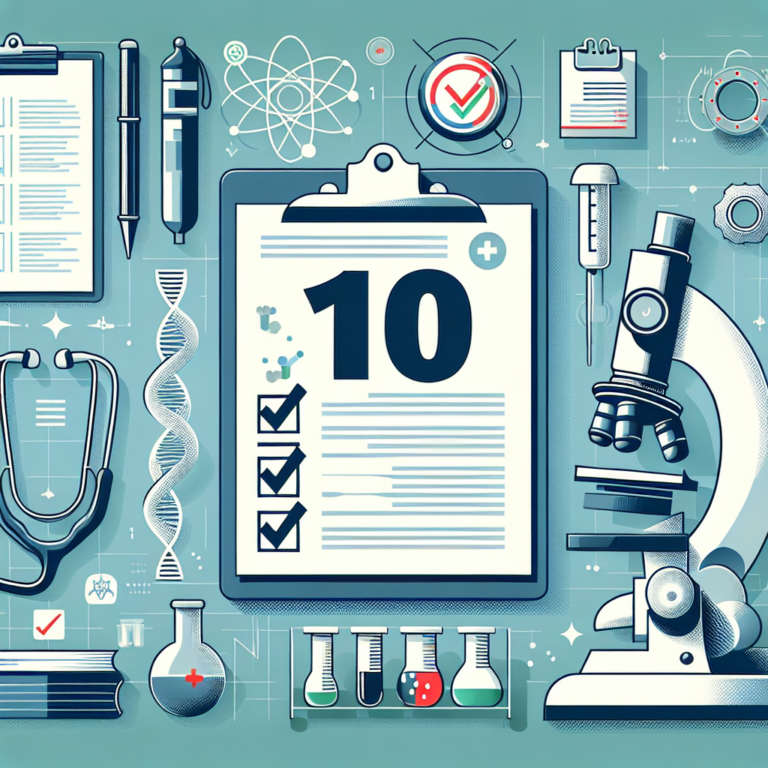Probability theory plays a crucial role in medical research, helping researchers analyze data and draw meaningful conclusions. At StatisMed, we understand the importance of probability fundamentals in the field of medicine. In this article, we will explore the basics of probability theory and how it applies to medical research.
Introduction to Probability Theory
Probability is the branch of mathematics that deals with the likelihood of events occurring. In medical research, probability theory is used to quantify uncertainty and make informed decisions based on data. By understanding the fundamentals of probability, medical researchers can interpret study results, assess risks, and make predictions with confidence.
Key Concepts in Probability Theory
-
- Sample Space and Events: In probability theory, the sample space is the set of all possible outcomes of an experiment. An event is a subset of the sample space, representing a particular outcome or set of outcomes. For example, in a clinical trial, the sample space may consist of all possible treatment outcomes, while an event could be the successful outcome of a new drug.
- Probability Distribution: A probability distribution describes the likelihood of each possible outcome in a sample space. Common probability distributions used in medical research include the normal distribution, binomial distribution, and Poisson distribution. These distributions help researchers analyze data and make statistical inferences.
- Bayes’ Theorem: Bayes’ Theorem is a fundamental concept in probability theory that describes how to update the probability of a hypothesis based on new evidence. In medical research, Bayes’ Theorem is used to revise the likelihood of a medical diagnosis or treatment given new information from diagnostic tests or clinical trials.
- Random Variables: A random variable is a numerical quantity whose value is determined by the outcome of a random experiment. In medical research, random variables may represent patient characteristics, treatment outcomes, or study parameters. By analyzing the distribution of random variables, researchers can assess the probability of specific events occurring.
Applications of Probability Theory in Medical Research
-
- Clinical Trials: Probability theory is essential in designing and analyzing clinical trials to evaluate the effectiveness of new treatments. By using probability models, researchers can calculate sample sizes, estimate treatment effects, and determine statistical significance in study results.
- Diagnostic Testing: In diagnostic medicine, probability theory is used to assess the accuracy of medical tests and predict the likelihood of a disease based on test results. By understanding the sensitivity, specificity, and predictive values of diagnostic tests, healthcare providers can make informed decisions about patient care.
- Epidemiological Studies: Epidemiology relies on probability theory to investigate the distribution and determinants of health-related events in populations. By applying the basics of probability models, epidemiologists can estimate disease incidence, prevalence, and risk factors to inform public health interventions.
Importance of Probability Fundamentals in Medical Research
Probability fundamentals are essential for medical researchers to critically evaluate study results, identify sources of uncertainty, and make evidence-based decisions. By incorporating probability theory into research design and data analysis, researchers can enhance the validity and reliability of their findings, leading to advancements in medical knowledge and patient care.
In conclusion, probability theory is a foundational concept in medical research that empowers researchers to quantify uncertainty, analyze data, and draw meaningful conclusions. At StatisMed, we are dedicated to helping medical professionals navigate the complexities of probability theory and statistics to achieve impactful research outcomes. Contact us today to learn more about our statistical analysis services and how we can support your research endeavors, including the basics of probability.
[ad_2]




